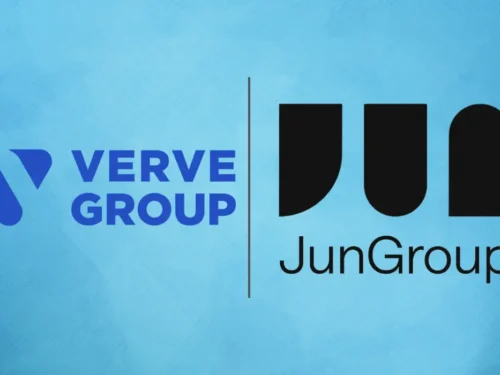In The Absence of Third-party Cookies, Publishers Wants to Strengthen Relation with Advertisers
With the death of third-party data, publishers are in the prime position as holders of the first-party data on consumers, and they are hoping to have a strong relationship with advertisers. The big revolution in the digital world without third party cookies and the trackers within internet browsers that builds all of the digital advertising – was on top priority for all the attendees at the IAB three – day Annual Leadership Meeting in California.
In a panel discussion, Stephanie Layser, vice-president of advertising technology and operations at News Corp said, “A privacy-first identifier is really important and needed in our industry as a whole.” He further added that without this, the ‘cat-and-mouse’ game will continue, eventually not able to identify the users at all.
No third-party cookies mean there will be an ecosystem of walled gardens. Facebook and Google, publishers will start having their own end-to-end platforms and safeguard consumers’ data within their walled gardens. Publishers may concentrate on the first-party data obtained from their sites to build identifiers and exist within their closed ecosystems. Undoubtedly, publisher first-party data can become the dominant currency of the digital ad market.
Scott Messer, senior vice-president of media at Leaf Group said .“You store your information in [Facebook] and use their identifiers, but you don’t get the user identity back. He further added, “And that’s actually a sustainable model, minus the leaking.”
However, Facebook and Google, especially the latter can take advantage of identifiers that Chrome runs through its browser and so publishers need to give more insights than the basic audience data. Publishers need to present quality and privacy-compliant benefits of consented data to buyers for getting attention. Messer further said that the key to publishers gaining control is bringing people insight than pushing more audience or data.
For rebuilding digital advertising in the absence of third-party cookies, publishers need to act to make sure they have the systems, strategies, and processes in place – like organize their identity graphs, build consistent systems or definitions of audience segment to put insight to use. Also, it is essential for them to successfully integrate their direct customer relationship with advertisers’ data and campaign objectives.
The Vice President of Meredith, Chip Schenck said publishers and advertisers should work together to build products that go beyond financial objectives and advertisers learn more about end-users.
“Partnership is what do you have and what don’t you have, how can I fill the gaps that you have, and what are the things I need that you could help me with, beyond financial remuneration,” said Schenck on redefining partnership,
The absence of third party cookies can tighten the bond between the advertiser and publisher giving way to open exchanges. It acts as a catalyst to publishers who need to ensure that technology tools and business models are in place to be at the top of the ad ecosystem.
Author Profile
- adscholars
Latest Posts
 MediaMarch 29, 2023Petal Ads Announces Partnership With MMP WorldWide
MediaMarch 29, 2023Petal Ads Announces Partnership With MMP WorldWide MediaMarch 28, 2023Silverpush and PubMatic join hands for better digital advertising in APAC
MediaMarch 28, 2023Silverpush and PubMatic join hands for better digital advertising in APAC MediaMarch 28, 2023PubMatic Partners with Comscore’s Proximic for ID-Less Targeting
MediaMarch 28, 2023PubMatic Partners with Comscore’s Proximic for ID-Less Targeting MarketingMarch 14, 2023Adform and Digiseg offer new ad tool for Saudi Arabia advertisers
MarketingMarch 14, 2023Adform and Digiseg offer new ad tool for Saudi Arabia advertisers










